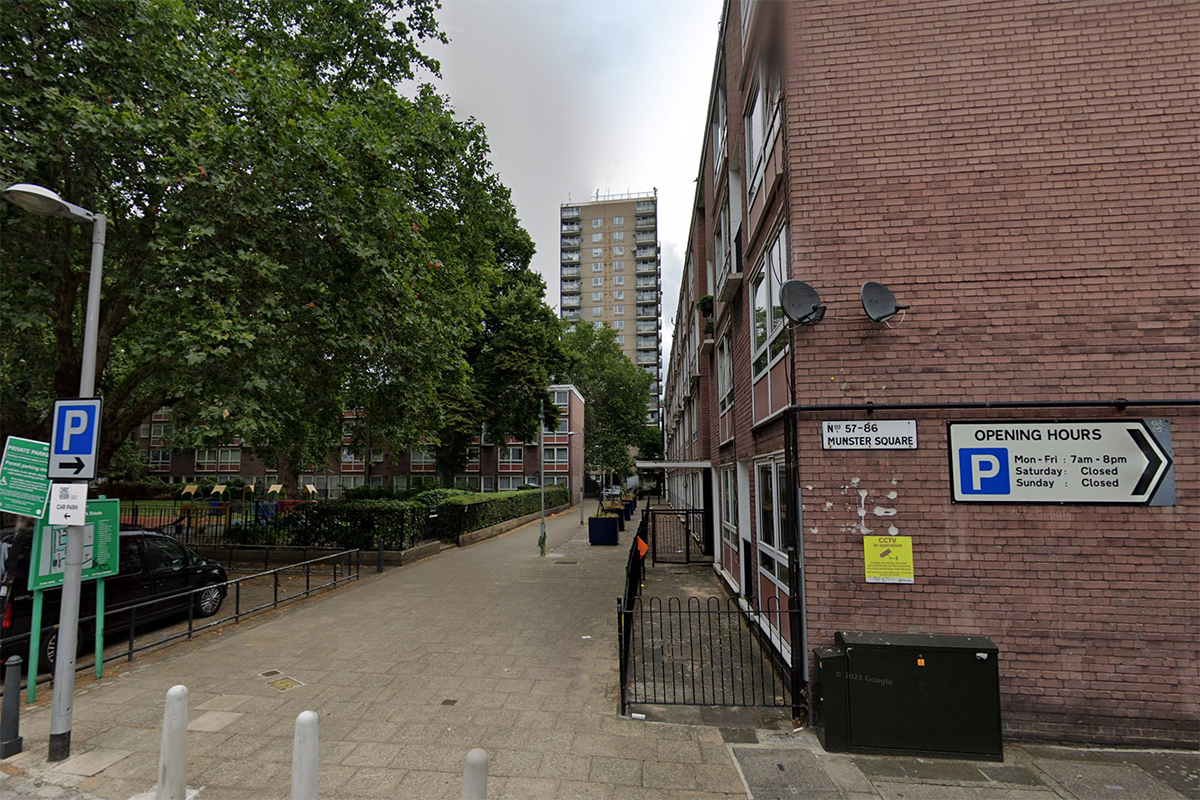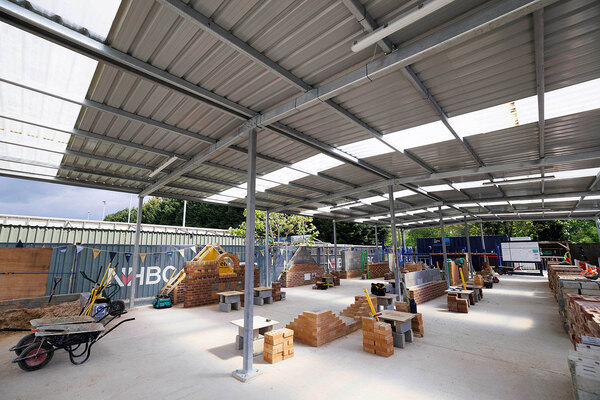You are viewing 1 of your 1 free articles
What councils need from the government to keep building
Setareh Neshati, head of development at Westminster City Council, lays out her asks of the government to help councils keep up the housebuilding momentum
The stakes are high following the government’s ambitious pledge to deliver 1.5 million new homes in the next five years.
While it’s no secret that more needs to be done to tackle the most acute housing crisis in living memory, “getting Britain building again” is no mean feat. It will take a lot more than shovels in the ground and cranes in the sky to build the next generation of homes.
Many have questioned whether the new government has bitten off more than it can chew. Although with the mandatory housing targets for local councils, it’s clear that it’ll be all hands on deck, with councils and the government working closely together to turn the dial.
But there’s undoubtedly roadblocks in our way, and if councils are expected to keep up the housebuilding momentum, there are a few things that the government can provide to help us do so.
Cost is undeniably one of the main obstacles to delivering more affordable housing. The investment required, particularly for social housing, has significantly increased over recent years, with land at a premium and UK inflation hiking the price of labour and materials.
There were some encouraging updates in the recent Budget announcement, including the government’s £500m top-up to Affordable Homes Programme, which will hopefully safeguard the ongoing housing pipeline. Similarly, the five-year rent settlement, allowing registered providers of social housing to increase rents at Consumer Price Index plus 1%, will also provide greater assurances on borrowing headroom.
Although these moves are a step in the right direction, there remains the question of whether they will be enough to help the country meet its housebuilding targets.
“One option the government should consider is to create an ‘investment bridge’ in public housing”
Ultimately, subsidised housing needs subsidy. Councils rely on various mechanisms to fund affordable housing projects, but government grant is crucial to ensure there is a strong, long-term pipeline of investment.
On Westminster’s leading regeneration schemes, as a council we are responsible for covering any funding gaps to mitigate risk, even when partnering with investors. But funding these ‘unaffordability’ gaps often places increased pressure and debt risk on already stretched council budgets.
Some of the tools at the government’s disposal to boost housebuilding efforts include loan guarantees, direct assistance with acquiring homes to enable development, and the five-year housing land supply.
One option the government should consider is to create an ‘investment bridge’ in public housing, which over time will allow revenue expenditure in the private market to be switched to capital expenditure to build new council homes. This could be enabled by reducing revenue spent on dealing with the effects of a failed housing market.
We’ve adopted this unique funding model at Westminster City Council, in which we develop and sell private homes, using the profits to fund our affordable housing projects. While innovative in nature, it’s understandable that this model may not be feasible for all local councils in the country.
That’s why now more than ever funding support from the government is paramount.
Improved access to funding will not only give councils across the country the boost they need to increase housing supply and unlock development sites, it will also provide the stability that, in turn, enables councils to engage in long-term planning for affordable housing.
Before councils can even begin major housebuilding or regeneration projects, the cost is extensive. In some cases, homes previously sold via the Right to Buy scheme have needed to be reacquired before any spades hit the ground. In Westminster alone, this has cost us more than £200m.
Many of these homes have transferred from their original ‘homeownership’ purpose, sold on to absentee landlords and used as buy-to-let businesses to generate income. These landlords are often resistant to the delivery of regeneration schemes. As a result, councils need to use costly, time-consuming legal powers, such as compulsory purchase orders, for projects to get the green light.
If the government truly wants to accelerate housebuilding across the country, it should consider additional reforms around what Right to Buy homes can be used for. Although its recent decision to reduce discounts on Right to Buy is a welcomed move, it still may not be enough to make up for the homes lost through the scheme. It’s likely that further reforms may be needed, such as prescribing ‘first refusal’ for councils to buy homes back when they become available to the open market.
“From a government perspective, this comes down to endorsing affordable housing projects, backing moves to improve the consent and permissions process, as well as ensuring the government has expertise in housing”
Over recent years, councils have achieved incredible things by collaborating with the government. At such a volatile time in the housing sector, we need to continue working together towards our common goal of providing more affordable housing to residents in need.
This is something we are dedicated to as part of the Fairer Westminster strategy, which outlines our commitment to maximising the number and quality of affordable homes and ensuring the housing needs of everyone in the city are met.
Westminster City Council is one of the biggest builders of new affordable housing in London. This is down to the Labour council prioritising new genuinely affordable homes wherever we are delivering housing projects.
Our 300 Harrow Road regeneration project flipped 61 homes that were earmarked to be sold on the open market, turning them into genuinely affordable homes for people in need. The scheme is 100% affordable, delivering 77 homes for social rent and 35 for intermediate rent homes.
Our two major regeneration projects underway at Ebury Bridge and Church Street will also deliver more than 2,000 new homes, of which more than half will be affordable.
Throughout these projects, we have received endorsement and support from the government, which has been instrumental. But if we’re expected to fast-track this progress, or if other local authorities are required to replicate it, we’ll need more support.
From a government perspective, this comes down to endorsing affordable housing projects, backing moves to improve the consent and permissions process, as well as ensuring the government has expertise in housing. Additionally, it should consider introducing legislation to speed up the delivery of projects that increase local housing.
At a time when central London faces the most severe housing crisis in history, to get Britain building again, we need councils, housing associations and policymakers working together to create a city that is fair for everyone.
Setareh Neshati, head of development, Westminster City Council
Sign up for our Council Focus newsletter
Already have an account? Click here to manage your newsletters













